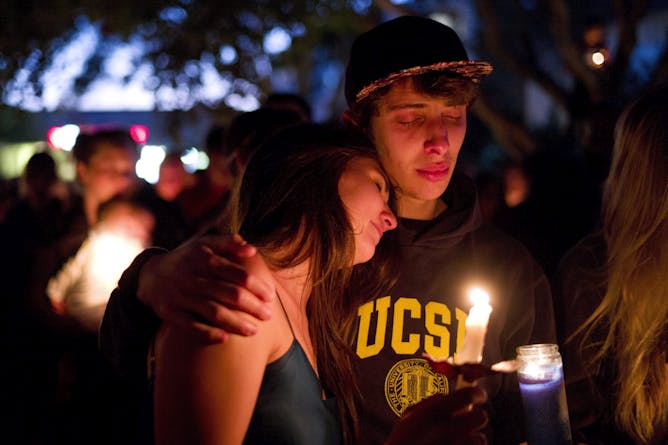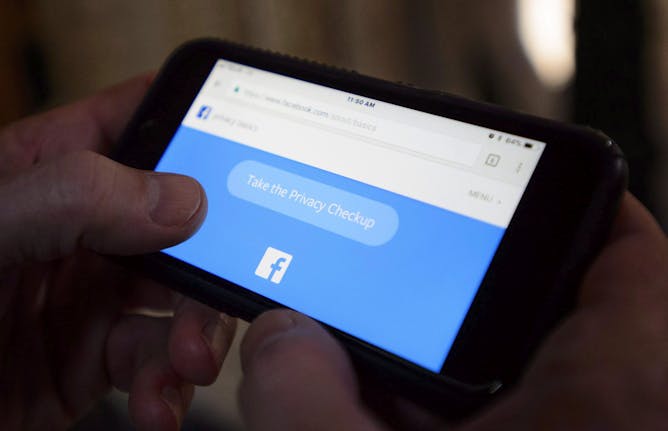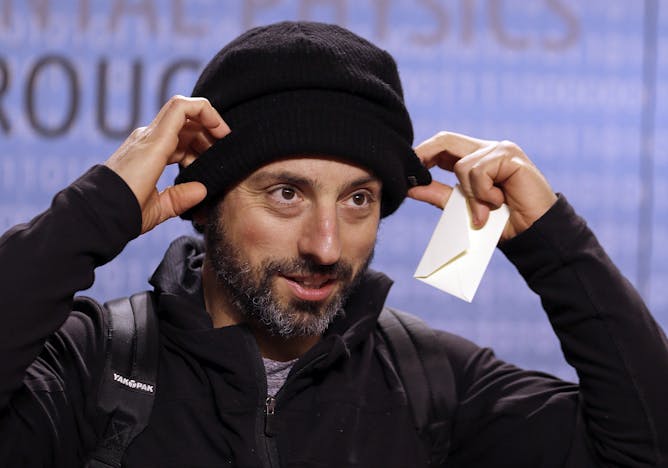|
We know a little bit more about the Toronto van attack, although the fog of breaking news still means there is much we don’t know. Today in The Conversation Canada, two academic experts help us understand some of the emerging background about the accused killer.
Criminologist Michael Arntfield of Western University explains the dark world of incels – a subculture of misogynists who worship a serial killer who went on a shooting spree in California in 2014. And psychologist Adam McCrimmon of the University of Calgary gives us the facts about the link between autism and violence. People with autism “are not prone to violence any more than any other individual in society.”
Ever since the Cambridge Analytica scandal broke several weeks ago, we’ve all become more aware about the impact on our personal privacy. Rozita Dara of University of Guelph reminds us that all Canadians should know their rights when it comes to online privacy – and in case you don’t, Prof. Dara explains the law.
And finally…have you ever heard of the Breakthrough Prize? John Bergeron of McGill University tells us about the annual $3 million science prize that “honours transformative advances toward understanding living systems and extending human life.” Is this the year a Canadian wins?
Regards,
|

Two students comfort each other during a candlelight vigil held to honour the victims of Elliot Rodger in Isla Vista, Calif., in May 2014. Was Toronto’s van attack suspect inspired by Rodger?
(AP Photo/Jae C. Hong)
Michael Arntfield, Western University
Was the suspect in Toronto's van attack inspired by a misogynist mass killer in the United States?
|

Alek Minassian (second from left in this courtroom sketch) is accused of driving a van into pedestrians along a stretch of a busy Toronto street on Monday April 23, 2018.
(THE CANADIAN PRESS/Alexandra Newbould)
Adam McCrimmon, University of Calgary
The evidence indicates that having autism spectrum disorder actually reduces the risk of violence.
|

A cell phone user thumbs through the privacy settings on a Facebook account in Ottawa in March 2018. Canadians need to start making companies accountable for mining and using their personal data without their consent.
THE CANADIAN PRESS/Sean Kilpatrick
Rozita Dara, University of Guelph
Canadians — and consumers around the world — have the power to hold industries accountable for misuse or unauthorized use of our data. It's time to use it.
|

Google co-founder Sergey Brin arrives for the Breakthrough Prize in Life Sciences awards on Dec. 12, 2013, in Moffett Field, Calif. The Breakthrough Prize in Life Sciences recognizes excellence in research aimed at curing intractable diseases and extending human life.
(AP Photo/Ben Margot)
John Bergeron, McGill University
The nomination deadline for science's most lucrative prize -- the Breakthrough Prize -- is looming. Why has no Canadian ever received this prize, despite groundbreaking discoveries?
|
Politics
|
-
Noel Twagiramungu, University of Massachusetts Lowell; Joseph Sebarenzi, Ph.D., SIT Graduate Institute
As Rwanda marks the 24th anniversary of the 1994 genocide, much more needs to be done to unite the country.
|
|
Health + Medicine
|
-
Karen Sibert, University of California, Los Angeles
Each person experiences pain differently, depending on his or her genetic makeup. That makes it difficult to figure out what treatments patients need.
|
|
Environment + Energy
|
-
Tiff-Annie Kenny, University of Ottawa; Tad Lemieux, Carleton University
The North Water Polynya, or Pikialasorsuaq, is a key ocean area for Arctic animals and for Inuit hunting and fishing. Rocket launches threaten to contaminate the area with harmful chemicals.
|
|